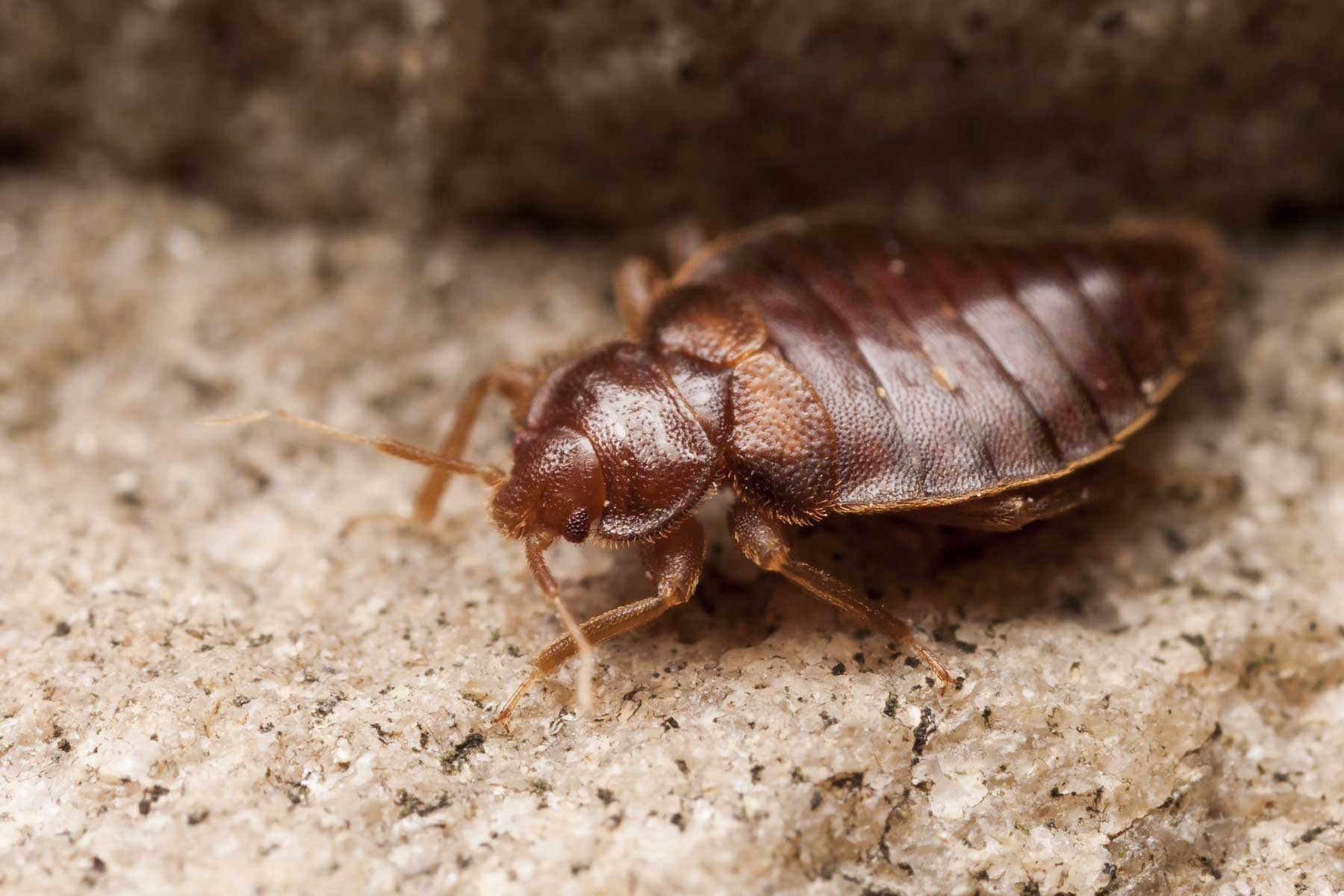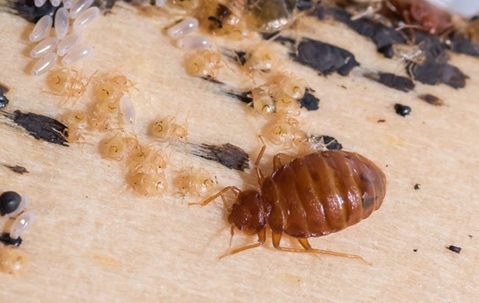Bed Bug Exterminator Houston Treatment: Specialized Techniques for Eradication
Bed Bug Exterminator Houston Treatment: Specialized Techniques for Eradication
Blog Article
Efficient Pest Control Procedures to Shield Your Garden and Plants
In the world of horticulture, the harmony of a well-tended garden can typically be interrupted by unwanted parasites that intimidate the health and wellness and vigor of plants. As garden enthusiasts aim to keep a thriving exterior area, the difficulty of insect control arises as an important facet of their horticultural ventures. Executing effective parasite control measures not just safeguards the garden's visual charm however likewise plays an essential function in preserving the plants' health. By checking out a series of approaches that include all-natural repellents, valuable bugs, companion growing, do it yourself services, and environmentally-friendly chemicals, gardeners can browse the detailed globe of bug administration with accuracy and care.
Natural Bug Repellents

One more efficient all-natural insect repellent is diatomaceous earth, a fine-grained compound made from fossilized water microorganisms. Diatomaceous earth works by literally damaging pests with its abrasive appearance, making it a superb alternative for regulating pests like slugs, beetles, and caterpillars. Furthermore, growing companion plants like marigolds, lavender, or basil can aid push back parasites due to their solid scents or natural chemical substances.
Beneficial Insects for Insect Control

Another helpful bug is the parasitical wasp, which lays its eggs inside bug bugs, eventually eliminating them. Ground beetles are outstanding for regulating caterpillars, snails, and slugs. Hoverflies, commonly incorrect for bees because of their similar appearance, feed upon aphids, thrips, and caterpillars.
To bring in beneficial pests to your garden, you can grow a varied variety of blooming plants, such as dill, fennel, and yarrow, which provide nectar and plant pollen for grown-up bugs. Furthermore, avoid using broad-spectrum chemicals that can harm both hazardous and useful insects. By developing an inviting atmosphere for these advantageous insects, you can decrease the requirement for chemical pesticides and web advertise a much healthier, a lot more balanced garden environment.
Buddy Growing Approaches
When intending to enhance the effectiveness of advantageous bugs in your garden for natural pest control, thinking about buddy growing techniques can further optimize the ecological community equilibrium. Companion planting entails strategically putting particular plants following to each other to maximize their shared advantages, such as discouraging pests, attracting helpful insects, or improving nutrition uptake - bed bug exterminator houston near me. One preferred instance is planting marigolds alongside tomatoes to push back nematodes and various other hazardous insects while likewise attracting pollinators
Planting catch plants like nasturtiums can draw away parasites away from your primary crops, serving as sacrificial plants that shield your useful fruit and vegetables. By applying companion planting methods, you can create a varied and harmonious yard ecological community that normally controls pests while advertising plant wellness and performance.
DIY Insect Control Solutions
To successfully manage insects in your garden, implementing diy insect control options can be a cost-efficient and eco-friendly strategy. One common DIY insect control solution is developing homemade insecticidal soaps by mixing moderate soap with water to control soft-bodied pests like aphids, mites, and whiteflies. Furthermore, presenting helpful pests such as ladybugs, lacewings, and predative wasps can assist normally control pest populations in your garden. Establishing physical obstacles like row covers or netting can additionally avoid insects like caterpillars from harming your plants.
Companion growing certain natural herbs and flowers like marigolds, basil, and lavender can aid drive away parasites and draw in useful insects. By integrating these DIY bug official website control services right into your gardening regimen, you can safeguard your yard and plants without depending on severe chemicals.
Environmentally-Friendly Pesticides

One more efficient option is diatomaceous earth, a natural material made from fossilized water microorganisms, which can be sprayed around plants to control slugs, snails, and various other creeping insects. Furthermore, insecticidal soaps and oils stemmed from plant-based sources serve for controlling soft-bodied pests like aphids, termites, and whiteflies.
Final Thought
To conclude, effective pest control actions such as natural repellents, useful discover here pests, companion planting methods, do it yourself remedies, and environmentally-friendly pesticides are critical for safeguarding your garden and plants. By applying these techniques, you can prevent damages brought on by parasites and preserve a healthy and successful garden ecological community. It is very important to consider the long-lasting impact of making use of pesticides and choose more lasting and eco-friendly options to ensure the wellness and health of your plants and the setting.
Report this page